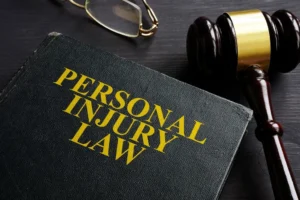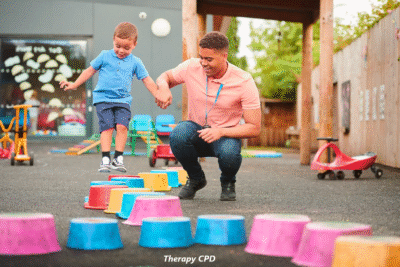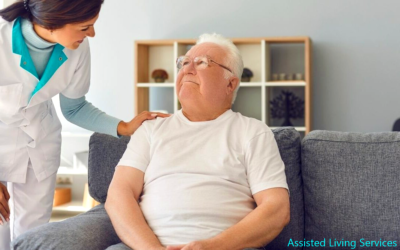1. After by a Dog Bites
Dog bites are more common than you might think and can range from minor injuries to severe wounds requiring medical attention. Understanding the seriousness of dog bites is crucial for taking appropriate action.
2. Assess the Situation
The first step is to assess the situation calmly. Evaluate the severity of the bite. Minor bites may only require basic first aid, while deep puncture wounds or heavy bleeding necessitate immediate medical attention. Additionally, try to identify the dog and assess the risk of rabies. If possible, note the breed and any distinguishing features of the dog.
3. Clean the Wound
After assessing the severity of the bite, it’s essential to clean the wound thoroughly. Use mild soap and water to gently wash the area, removing any dirt or debris. Avoid using hydrogen peroxide or alcohol, as these can further damage the tissue. Apply an antiseptic cream and cover the wound with a sterile bandage to prevent infection.
Related: Is a dog bite lawyer really important?
4. Seek Medical Attention
Regardless of the severity of the bite, it’s crucial to seek medical attention promptly. Even minor bites can lead to complications if not properly treated. Visit your healthcare provider or the nearest urgent care center for evaluation and treatment. They can assess the wound, provide necessary vaccinations or antibiotics, and recommend further care.
5. Report the Incident
Reporting the dog bite to the appropriate authorities is important for public safety. Contact animal control or your local health department to report the incident. Provide as much information as possible about the dog, including its location and any identifying details. This helps track the dog’s vaccination status and prevent further incidents.
6. Monitor for Signs of Infection
After receiving initial treatment, it’s essential to monitor the wound for signs of infection. Watch for increased redness, swelling, warmth, or drainage of pus from the wound. If you notice any of these symptoms, contact your healthcare provider immediately, as prompt treatment is necessary to prevent complications.
7. Follow Up with Healthcare Provider
Depending on the severity of the bite, your healthcare provider may recommend follow-up appointments to monitor your progress. Attend these appointments as scheduled and follow any additional instructions provided by your doctor. They may need to remove stitches, change dressings, or administer further treatments as needed.
8. Consider Rabies Vaccination

If the dog’s vaccination status is unknown or if there’s a risk of rabies transmission, discuss the possibility of rabies vaccination with your healthcare provider. Rabies is a serious viral infection that can be fatal if left untreated. Your doctor can determine the appropriate course of action based on the circumstances of the bite.
9. Take Preventive Measures
Once you’ve received medical treatment, take steps to prevent future dog bites. Avoid approaching unfamiliar dogs, especially those exhibiting aggressive behavior. Teach children how to interact safely with dogs and supervise their interactions closely. Additionally, consider enrolling in a dog obedience training class to learn how to communicate effectively with dogs.
10. Emotional Support
Experiencing a dog bite can be emotionally challenging, leading to feelings of fear, anxiety, or even trauma. Seek support from friends, family, or a mental health professional if needed. Talking about your experience and processing your emotions can help you heal both physically and emotionally.
Related: 12 Easy Lifestyle Changes for Youthful, Healthy Skin
11. Legal Considerations
In addition to seeking medical treatment, it’s essential to consider any legal implications of the dog bite. Depending on the circumstances, you may be entitled to compensation for medical expenses, lost wages, or pain and suffering. Consult with a personal injury attorney to understand your rights and options for pursuing a legal claim.
12. Educate Others
Once you’ve dealt with the immediate aftermath of the dog bite, take the opportunity to educate others about dog bite prevention. Share your experience with friends, family, and community members, emphasizing the importance of responsible pet ownership and safety around dogs. Together, we can work to reduce the incidence of dog bites and protect both people and pets.
Conclusion
Being bitten by a dog can be a frightening experience, but knowing what to do immediately after can help minimize the risk of complications and promote healing. By following these steps, you can take control of the situation and ensure proper care for yourself or your loved one.








